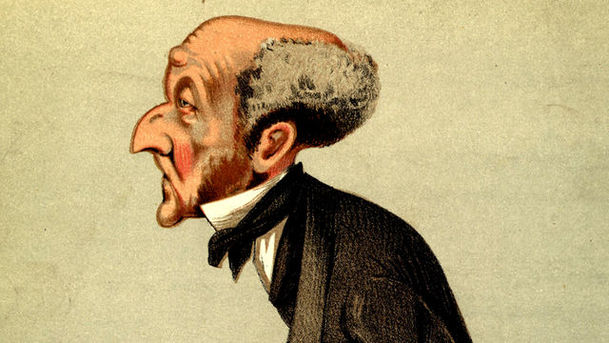Britain on the Bottle: Alcohol and the State - Political Thinkers and the Drink Question

Mark Whitaker shows how the 'Drink Question' was of central importance for both of England's most original and influential political thinkers of the 19th century - John Stuart Mill and TH Green. For both of them it raised the question of how far the state could be justified in interfering in the lives of individuals. The debate had started in the letters page of the Times in 1856, in a high-level exchange between the Tory MP Lord Stanley and Samuel Pope, Secretary of the temperance movement the UK Alliance. The latter argued that his rights as a citizen were "invaded" by the behaviour of heavy drinkers; the former that no Englishman would agree to be "coerced for his own benefit". Mill picked up the topic in his essay On Liberty, published in 1859. Mill was mid-Victorian England's most influential public intellectual, and his books were best-sellers even though his ideas were radical. He insisted that "drunkenness is not a fit subject for legislative purposes", and feared that the weight of public opinion would crush individualism. TH Green was an academic philosopher at Oxford, and was deeply involved in the temperance movement during the 1870s. He believed that individual freedom lay in pursuing the common good and that mass drunkenness made this impossible in England. He thought that "moderate drinkers" had to sacrifice their pleasure for the sake of society as a whole. Actors read extracts from their work. Producer: Mark Whitaker A Square Dog production for BBC Radio 4.